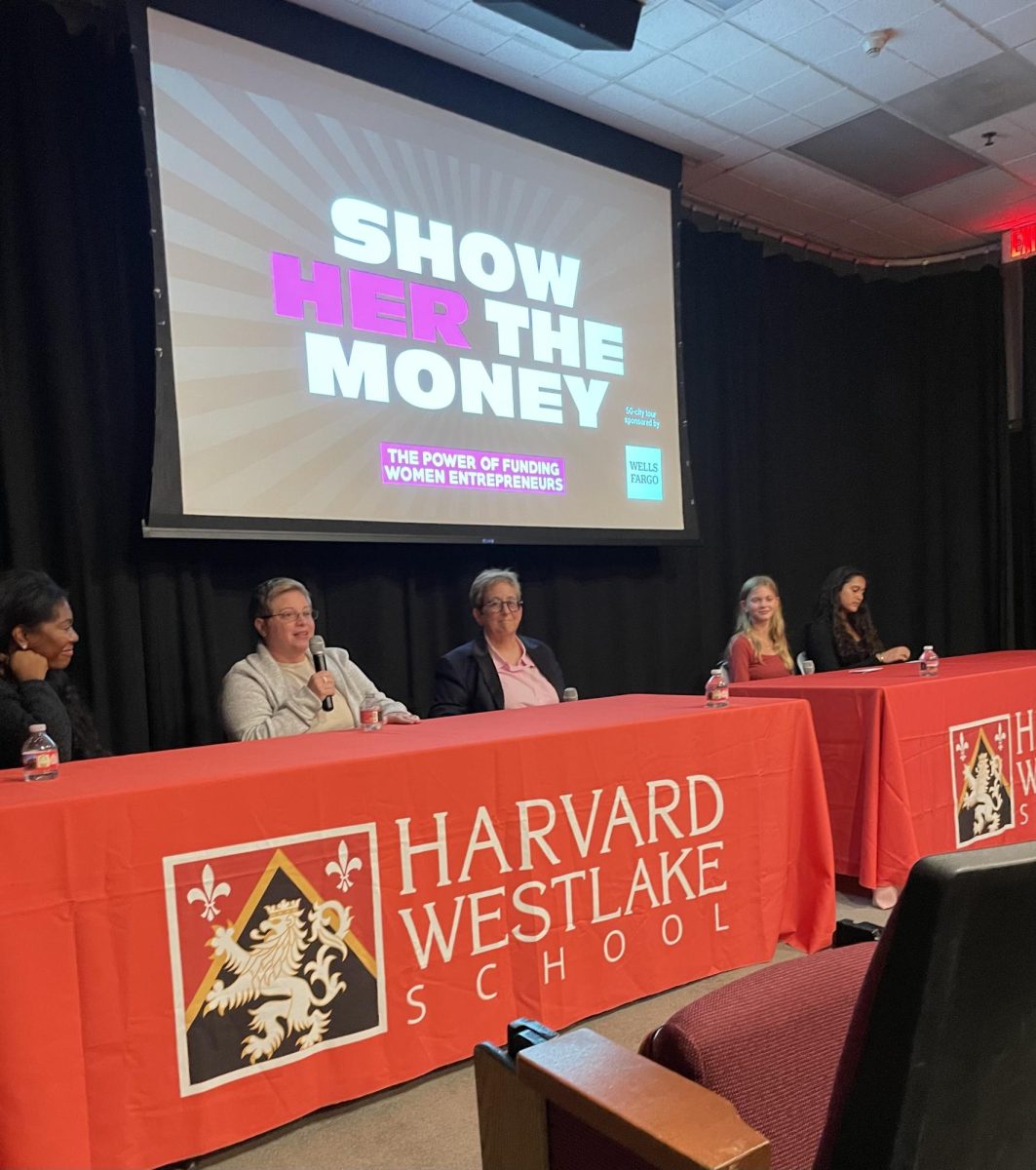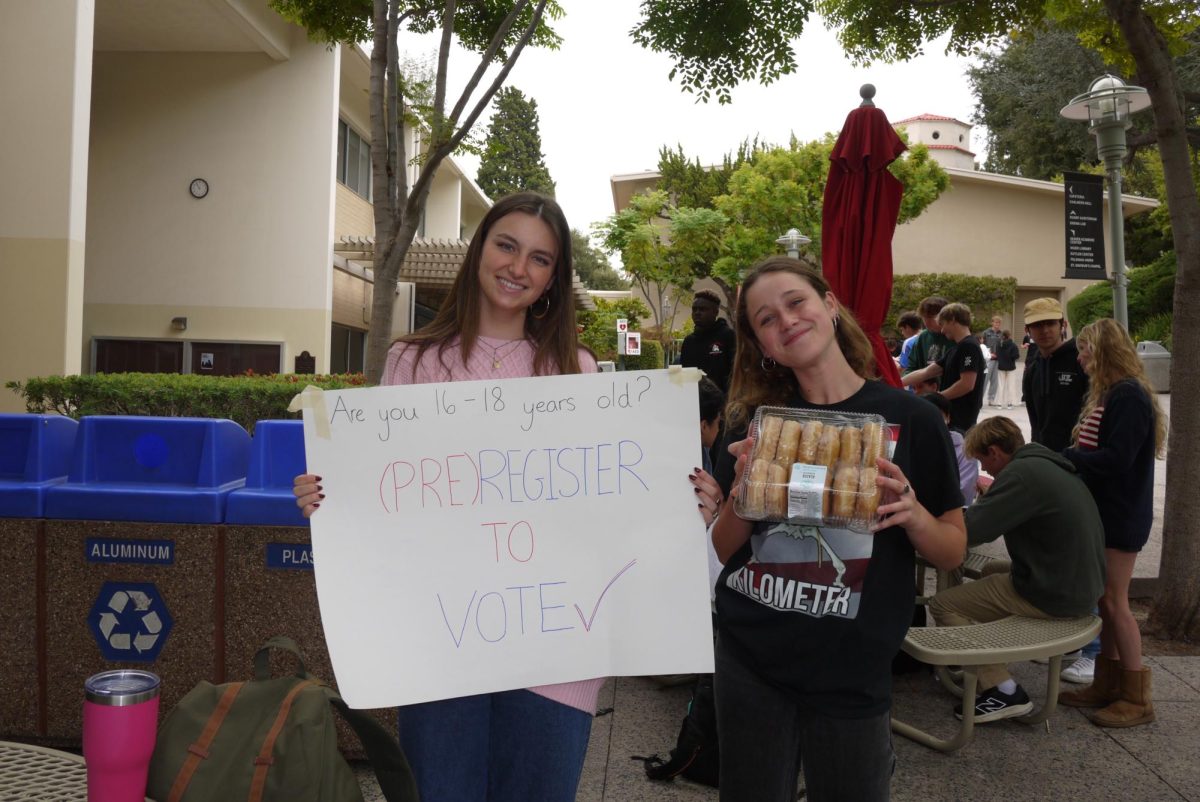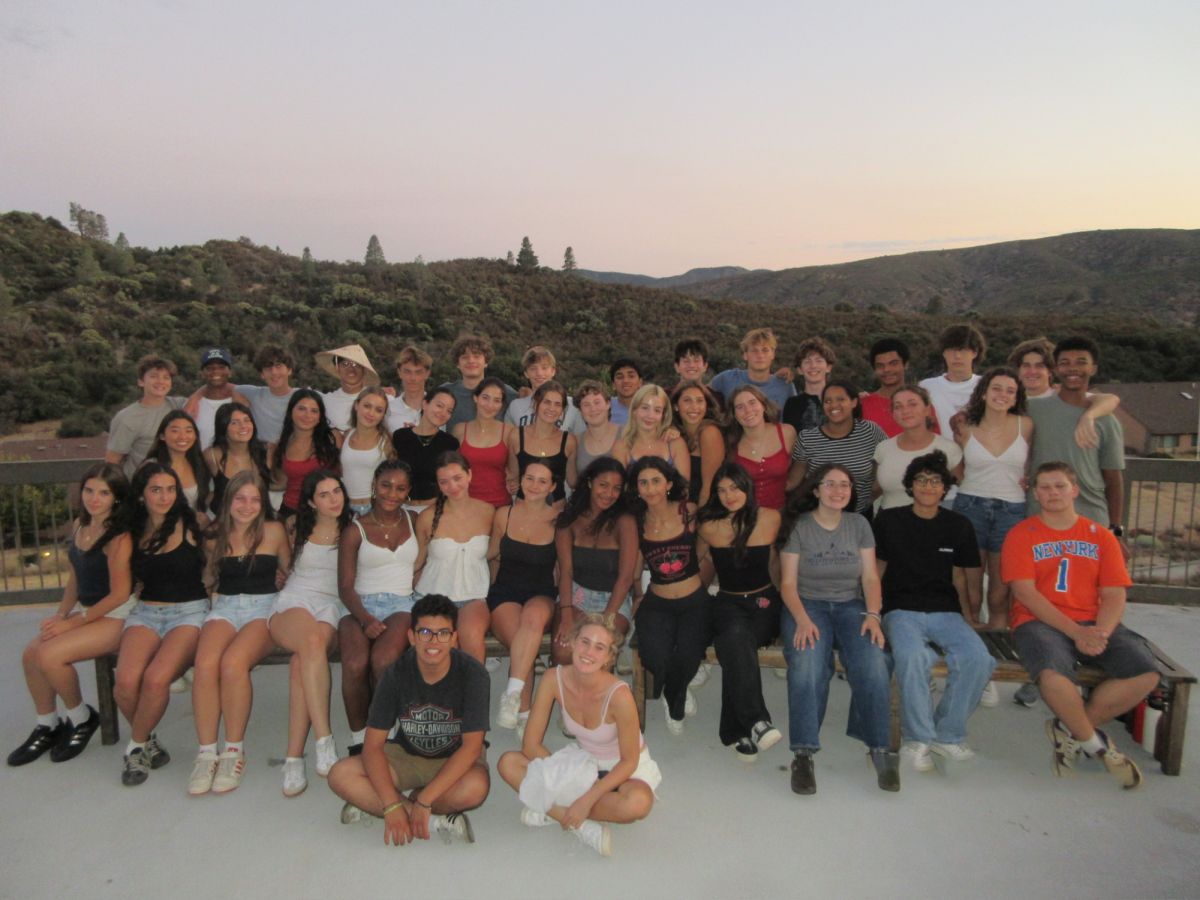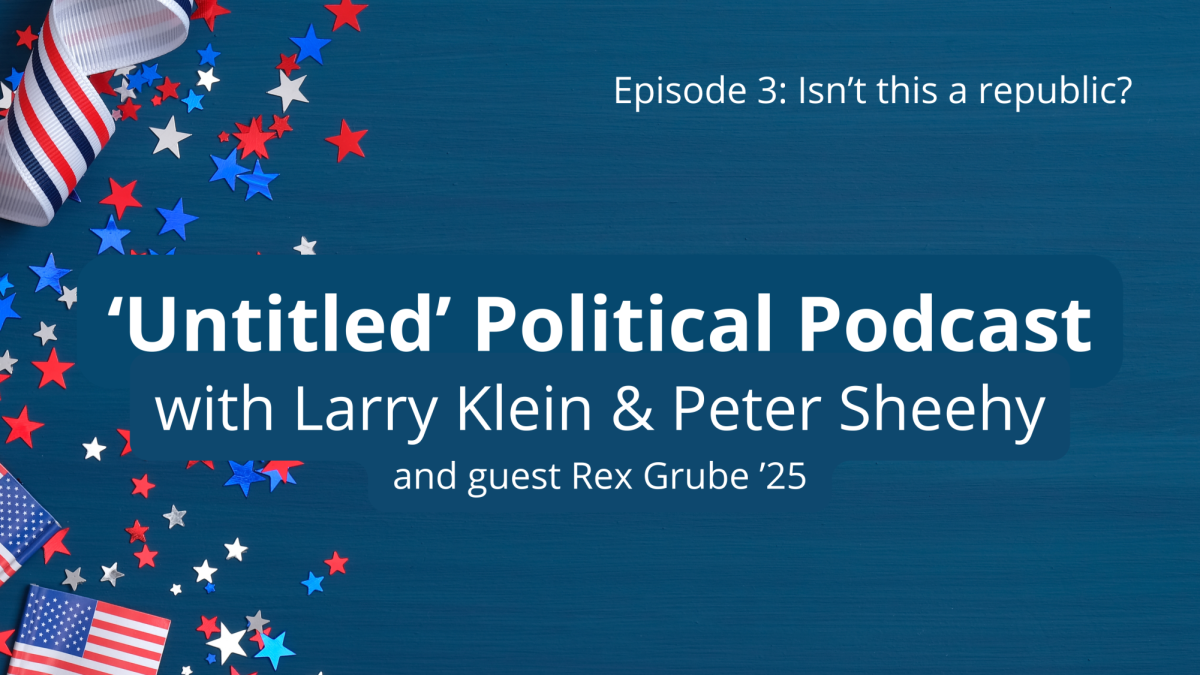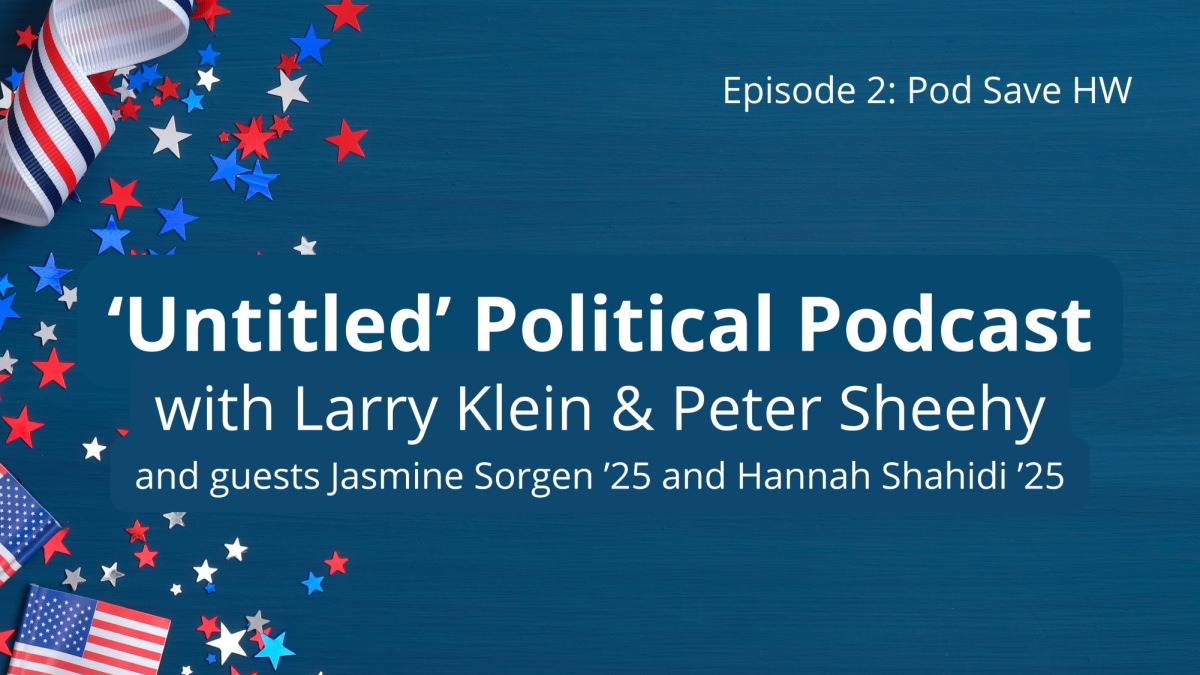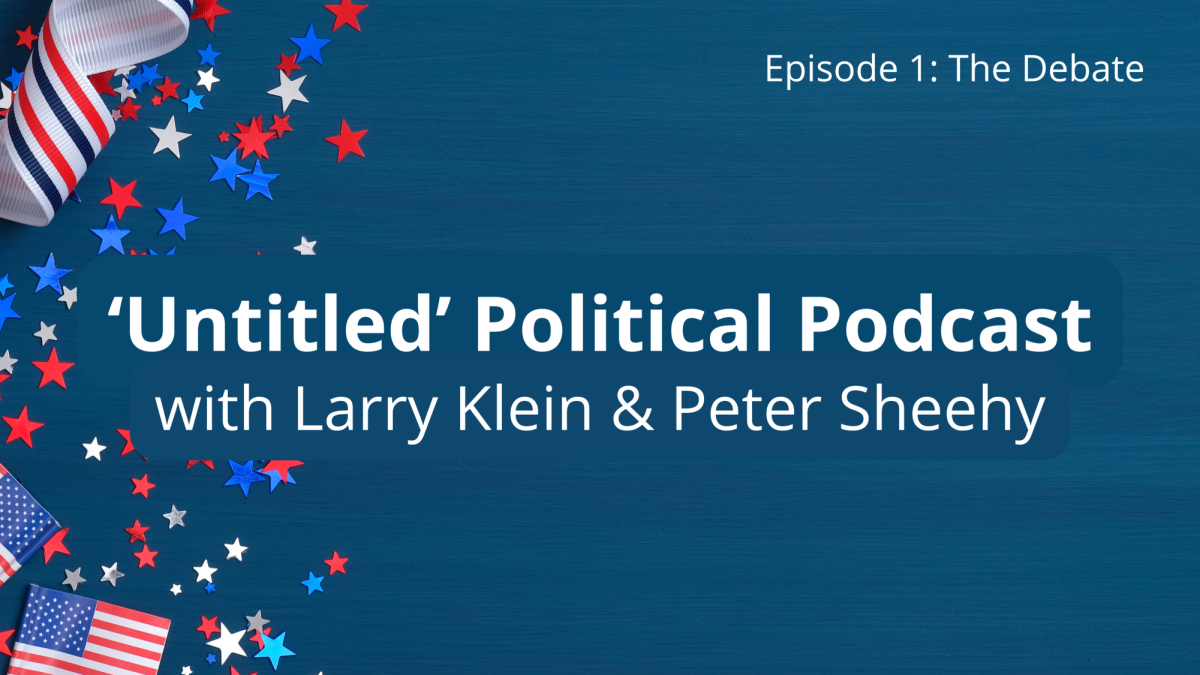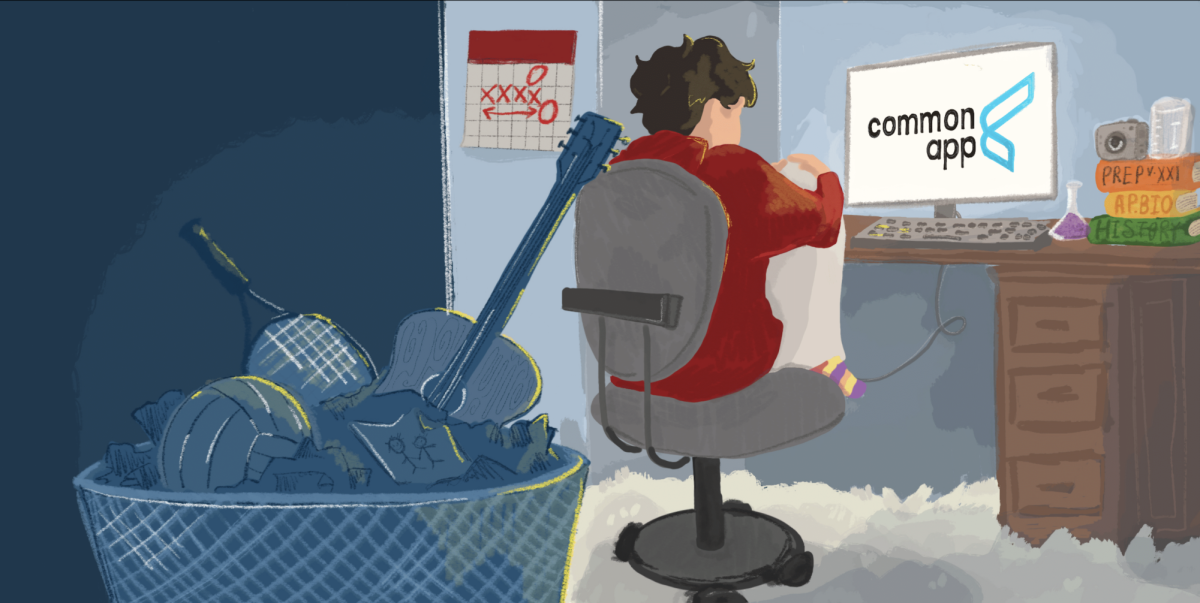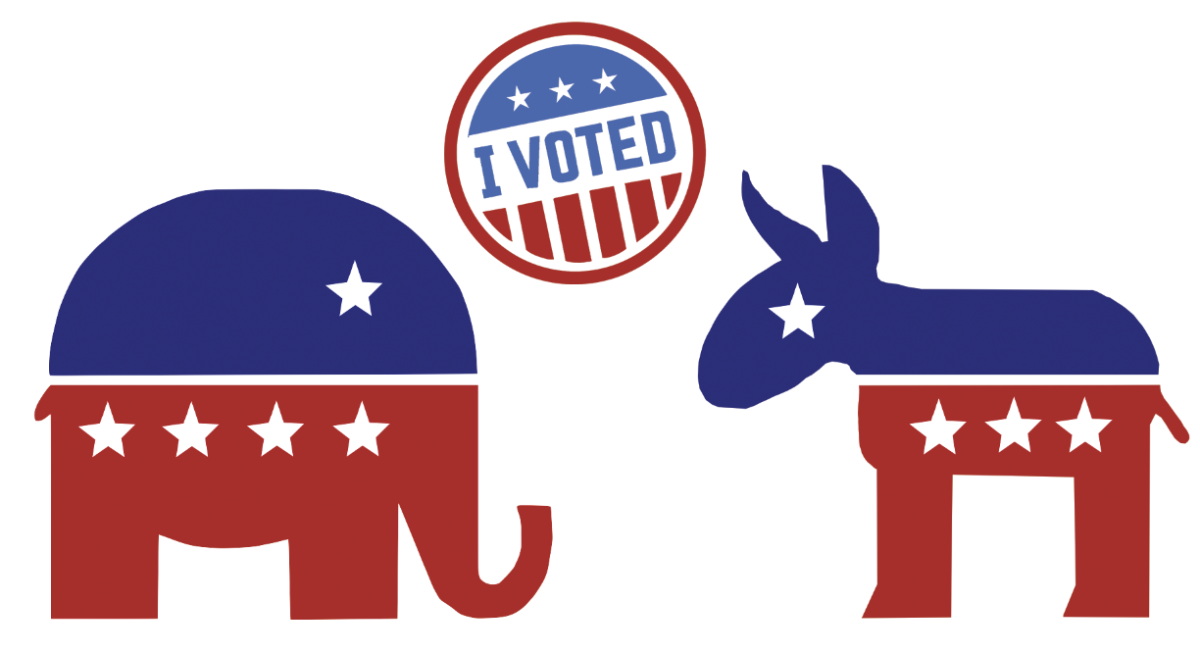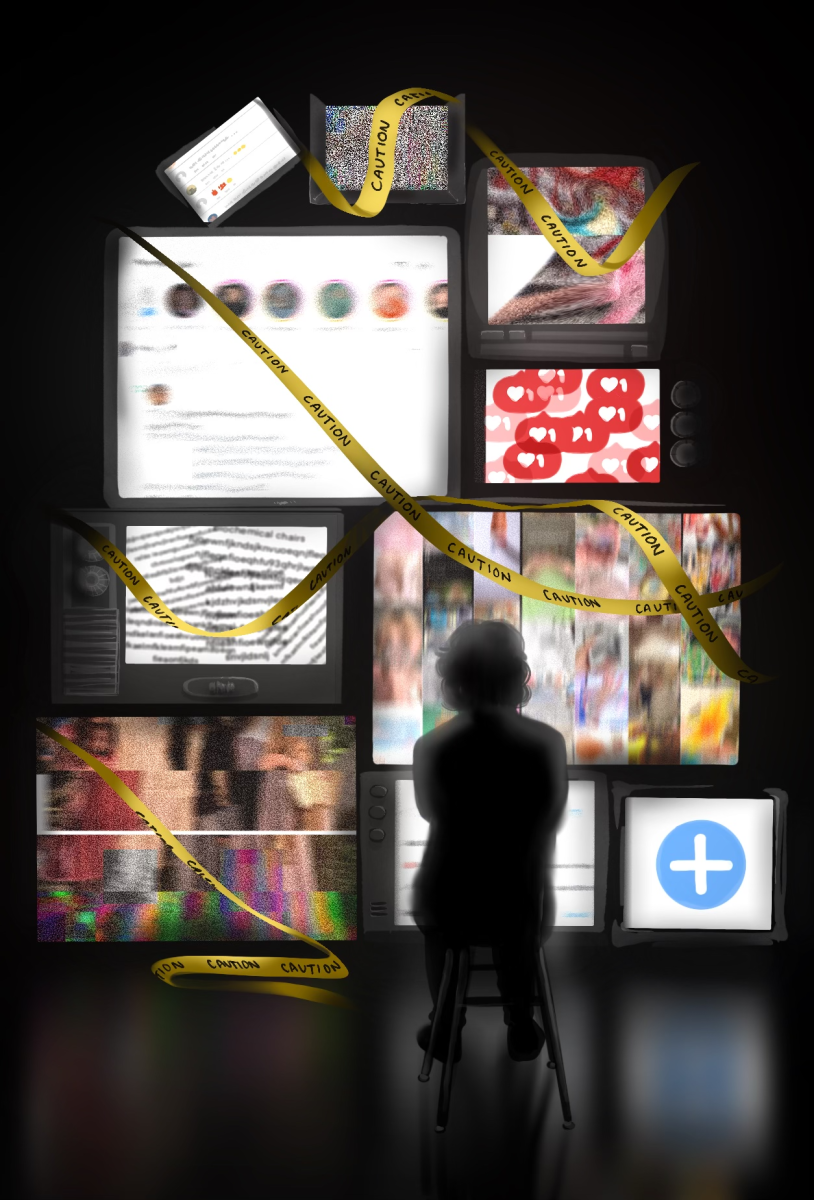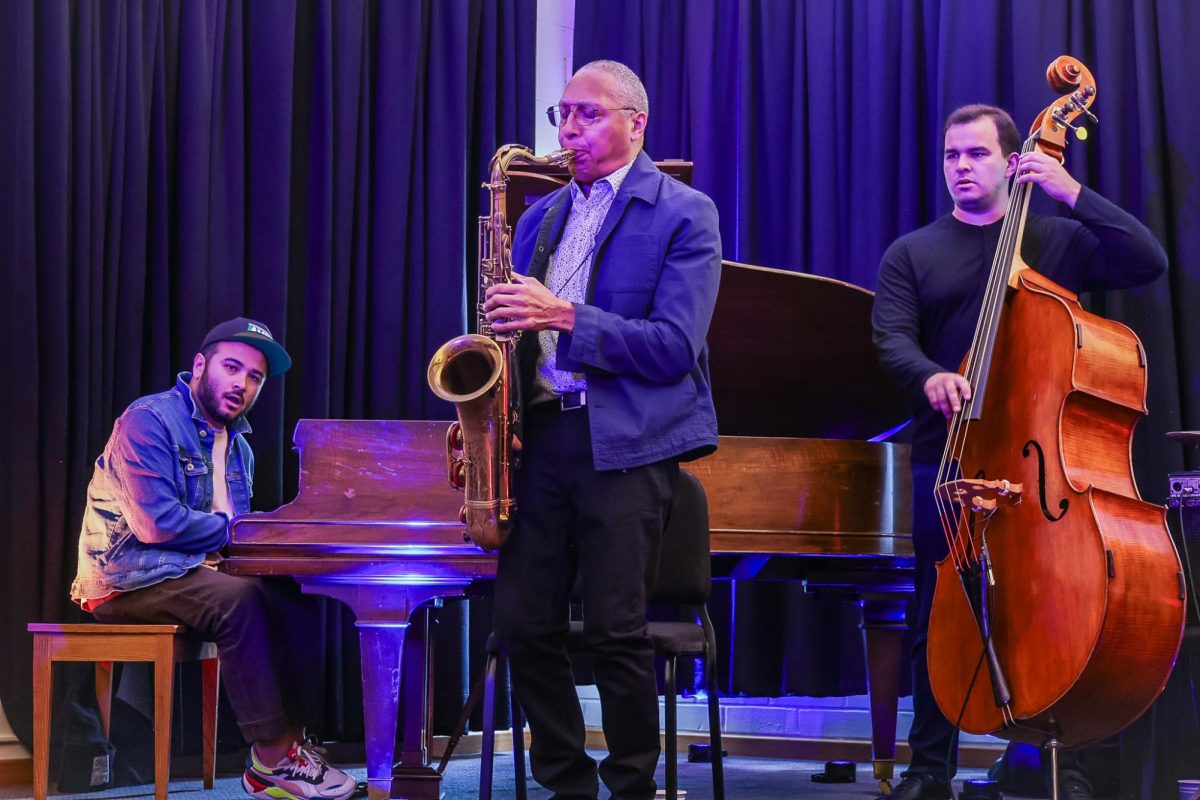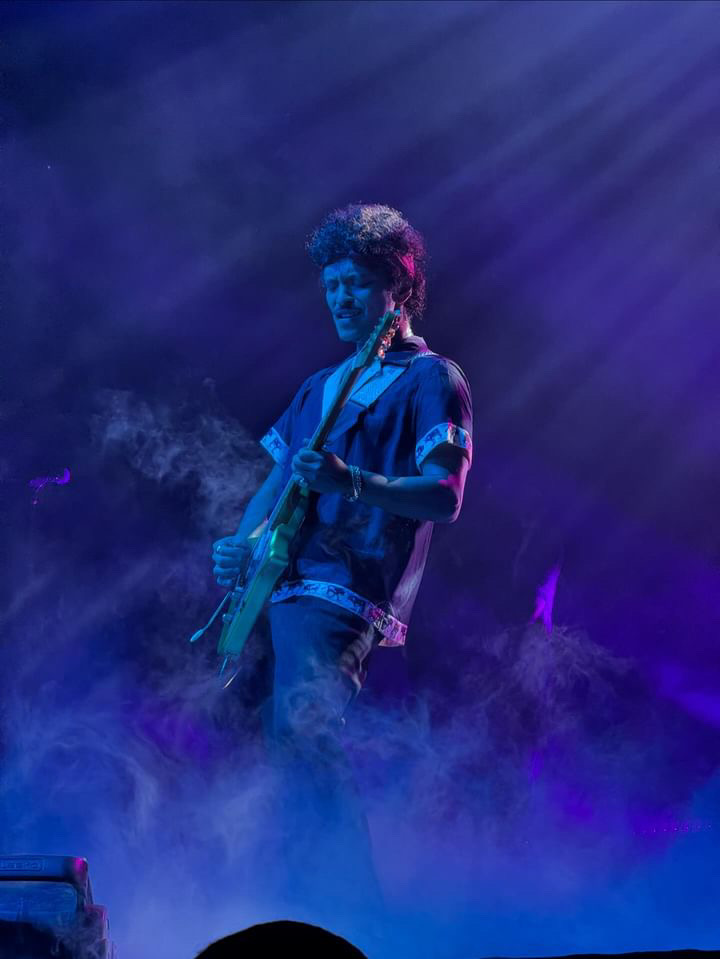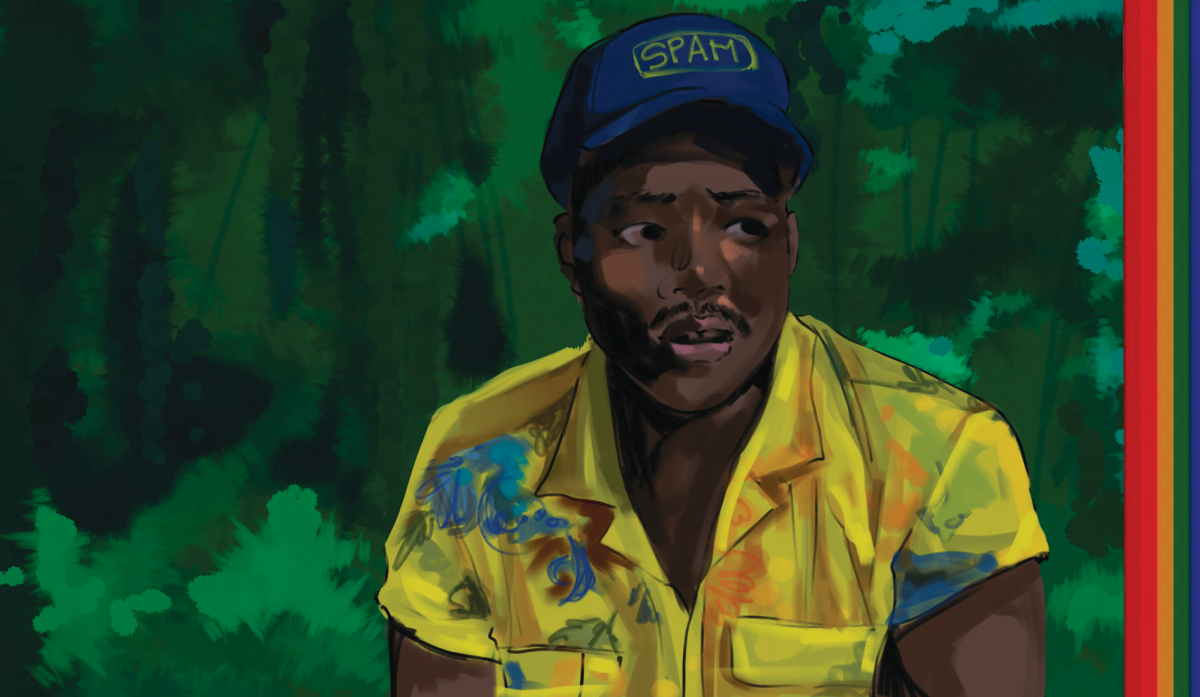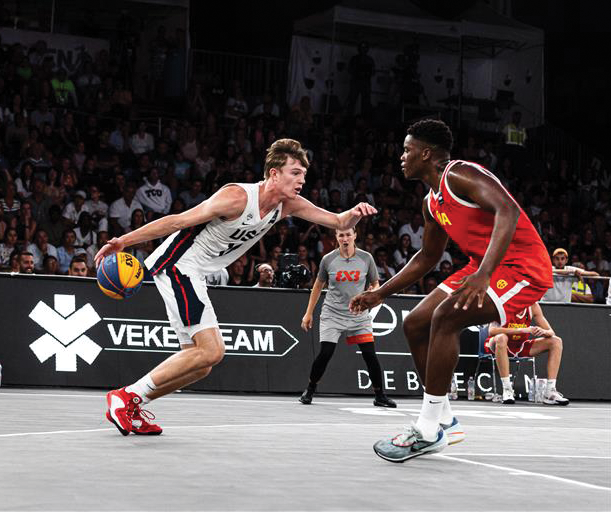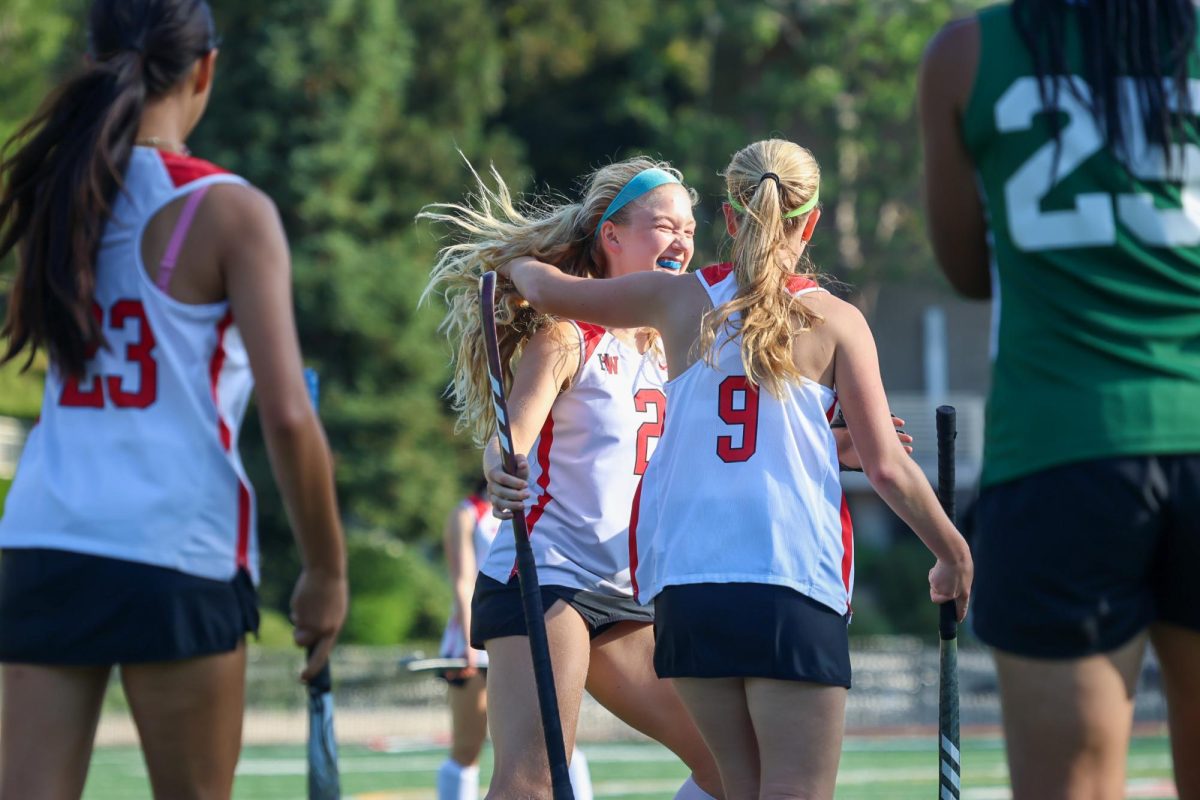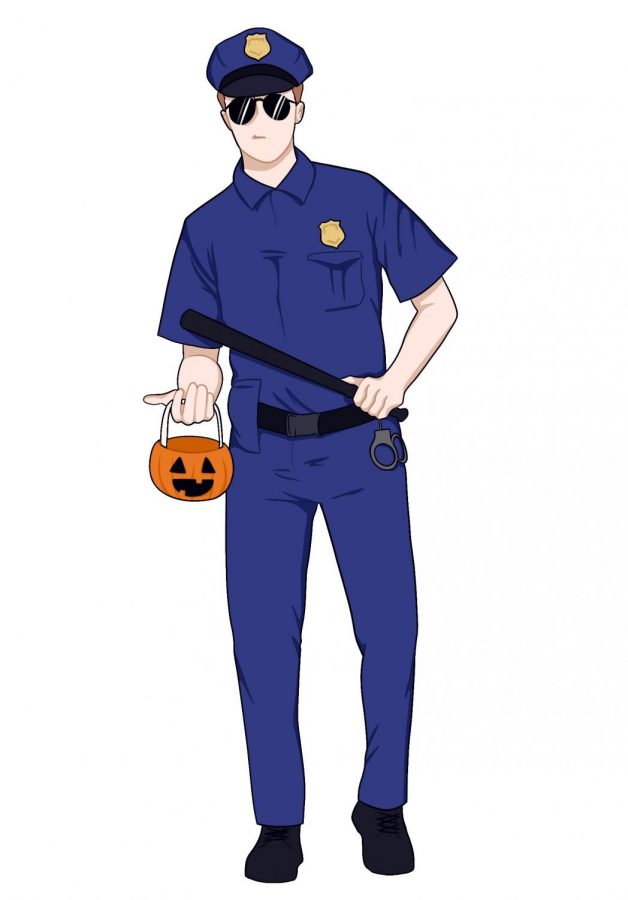Policing Police Halloween Costumes
Desperate for a last-minute Halloween costume, I rushed through the Spirit Halloween near my house. I sorted through cheesy inflatable bodysuits and cheap horror movie makeup before stumbling into a wall of police costumes. Plastic batons, badges and fake tasers lined the shelves between tacky Scooby-Doo costumes and Blumhouse movie masks. I stopped in my tracks, dumbfounded. I could not believe that a Halloween store would sell law enforcement outfits after the 2020 anti-racism protests highlighted police brutality in the United States.
The mainstream media covered stories revolving around the death of George Floyd and subsequent protests against racial injustice, which resulted in a massive increase in the popularity of the Black Lives Matter movement. In light of international outrage, it seemed absurd that Americans would glorify law enforcement this Halloween by wearing costumes that diminish and disregard the severity of police brutality. Donning a “sexy” or “funny” police costume trivializes police misconduct and endorses our broken law enforcement system.
Yet stores had no issue selling the costumes, and those who purchased them likely did not consider their insensitivity. In downplaying the gravity of police brutality, these Halloween stores and customers have demonstrated how little they care about the issues these costumes might present.
These companies are consciously commercializing and making light of pressing social issues; those who choose to purchase the costumes, regardless of their intent, do the same. It is the responsibility of companies and consumers to stop purchasing these offensive costumes. Halloween presents the unique opportunity to temporarily assume a new and different identity through a fun costume. There are a myriad of options, from animals to superheroes to movie characters. It is egregiously unnecessary for those dressing up to choose a costume as problematic as a police officer. Put simply, they should choose something else.
On Halloween weekend, I opened Instagram and watched a video of one of my non-Black classmates dressed as a police officer, smiling and pretending to beat another student with their fake baton. As I continued to scroll through the app, I saw more teenagers posing for pictures in similar ignorant costumes.
According to a study by Civis Analytics, last year’s Black Lives Matter protests amassed 15 to 26 million participants nationwide, making the movement one of the largest in national history. It is virtually impossible that those who dressed as police officers were unaware of the deeply ingrained racism in America’s law enforcement system. Such racial bias can be seen in the police encounter mortality rates of Black men and Black women, which are 2.5 times and 1.4 times higher than those of white men and white women, respectively.
In my experience, many of the people wearing police costumes attend private schools that have adopted anti-racism programs and live in Los Angeles, which saw a number of Black Lives Matter demonstrations last summer. I was baffled at the lack of self-awareness of the people who wore these costumes. How could someone think it is appropriate to wear a law enforcement costume, pretend to engage in an act of police brutality and share it on social media?
Such ignorance demonstrates immense privilege and a lack of empathy towards the communities impacted by police brutality.
For people dressing as police officers, the costume was thrilling and playful; for people of color, the costumes mocked an issue that is a matter of life and death.
When choosing costumes next Halloween, people should consider the effects their costume may have on the communities around them before buying it.

